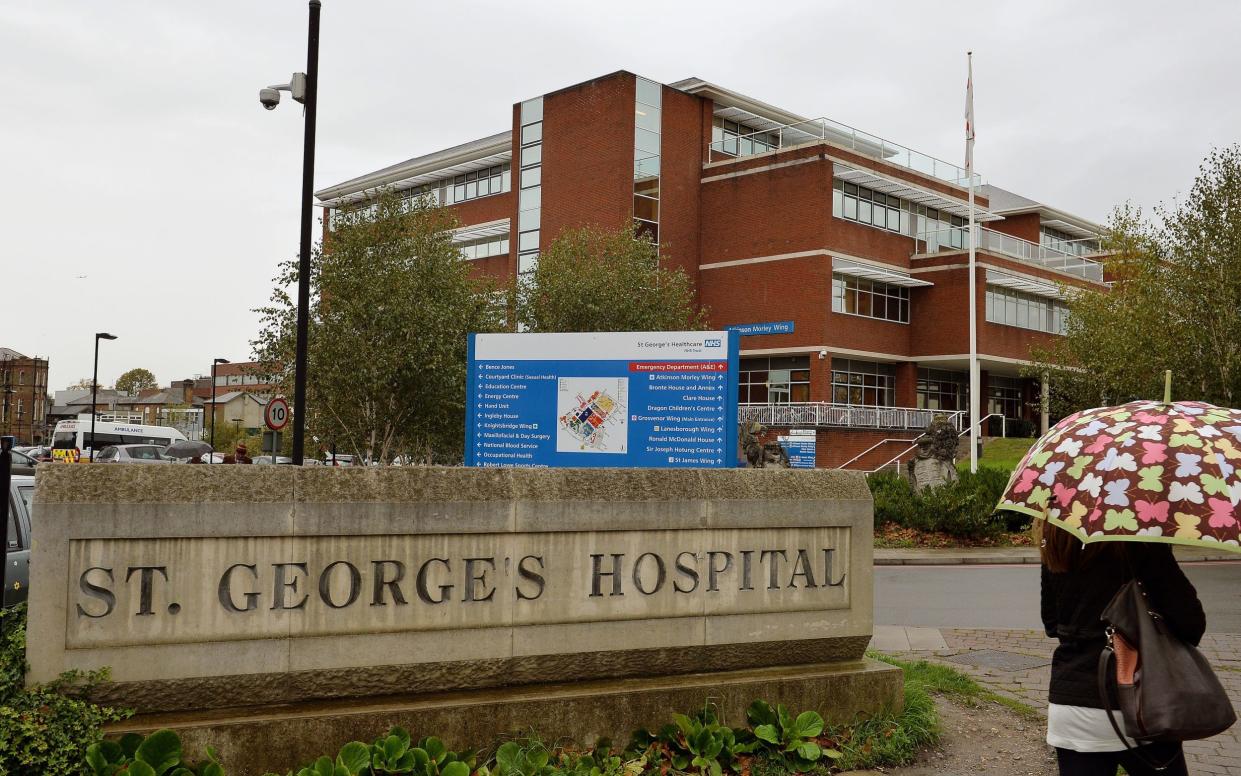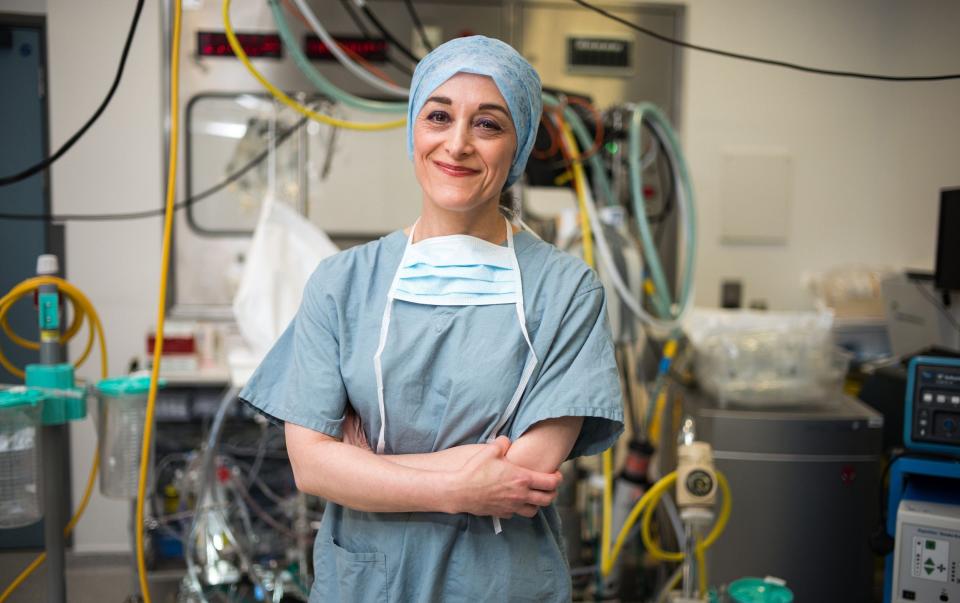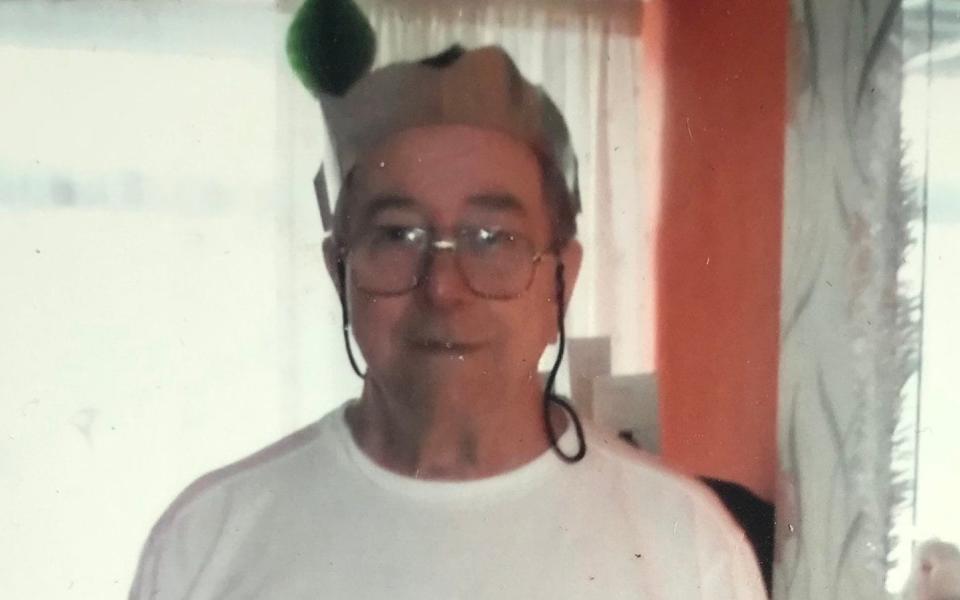London NHS trust may not admit liability for heart surgery deaths

The families of dozens of patients who died after heart surgery are to be left in the dark about what led to the deaths of their loved ones, it has emerged.
St George’s Hospital NHS Trust in south London is preparing to pay compensation settlements to families of dozens of patients who died in their care.
However, the trust has indicated that it may not admit liability for the patients’ deaths in many of the cases, leaving their families no wiser as to whether anyone was to blame.
Dozens of claims for compensation were submitted by relatives following allegations of clinical malpractice and mistakes in the care of the 67 seriously ill patients.
However, a coroner subsequently ruled in 20 of the cases heard so far that the patients were treated appropriately and that no blame for their deaths was to be attached to the surgeons, Prof Marjan Jahangiri and Dr Justin Nowell.
Change of advice on liability

As a result of the ruling, NHS Resolution, which provides expertise to NHS trusts on resolving legal disputes, changed its advice on whether St George’s should admit liability.
Leaked minutes of a meeting of St George’s Trust’s quality and safety committee held earlier this month stated: “Liability for the latest six claims notified to the Trust has not been admitted in line with NHS Resolution’s revised position of holding off admitting liability until of the outcome of the related inquest is known, where possible.
“These claims will be settled in due course, but the Trust may be able to settle without making a formal admission of liability.”
St George’s has admitted liability for the deaths in 18 cases, with settlements of between £12,000 and £35,000 made in three of the cases.
The trust is also understood to have paid out hundreds of thousands of pounds in legal fees.
Outrage over ‘transparent incompetence’
Any decision not to admit liability in further cases would prompt anger, with a friend of the doctors saying: “These families have already suffered the upset of being falsely told that their deceased relatives died as a result of medical malpractice. Many have since endured difficult inquests only to learn that their relative had in fact received exemplary care.
“To then be told that the admission of wrongdoing they were promised by NHS managers will no longer be theirs is an appallingly callous further indignity.
“It is an outrage that despite untold suffering being caused to both the doctors and their patients that not one NHS manager has – unlike the clinicians – faced investigation for their transparent incompetence.”
An independent NHS Improvement Panel report commissioned by the trust in March 2020 concluded that 67 out of 202 patient deaths were “avoidable” and that there had been significant failings in their care.
The trust accepted the report’s findings in full and accepted liability for the 67 cases, which it referred to Her Majesty’s Coroner.
However, in the 20 inquests into the deaths held so far, Prof Fiona Wilcox, the senior coroner, overturned the panel’s conclusions. She found there had been no failings of care and no criticism of the care delivered by the clinical team.
‘Toxic’ bickering among surgeons contributed to deaths

Among the deaths was that of Arthur Stecka, a 75-year-old retired taxi driver from Hampshire, who underwent surgery for a severely abnormal aorta, but died of a cardiac arrest in October 2014 as a result of postoperative complications.
Prof Jahangiri and Dr Nowell were suspended in 2018 after an internal inquiry into the cardiac surgery unit at St George’s concluded that “toxic” bickering between rival surgeons resulted in the death of patients.
However, a High Court judge ruled in August 2019 that no blame should be attached to the pair, who were subsequently reinstated by the trust.
A St George’s spokesman said: “The Trust continues to support the families where the independent mortality review found failings in care and – while the coroner’s findings are an important consideration in clinical claims – decisions about the settlement are determined by a number of factors.”

